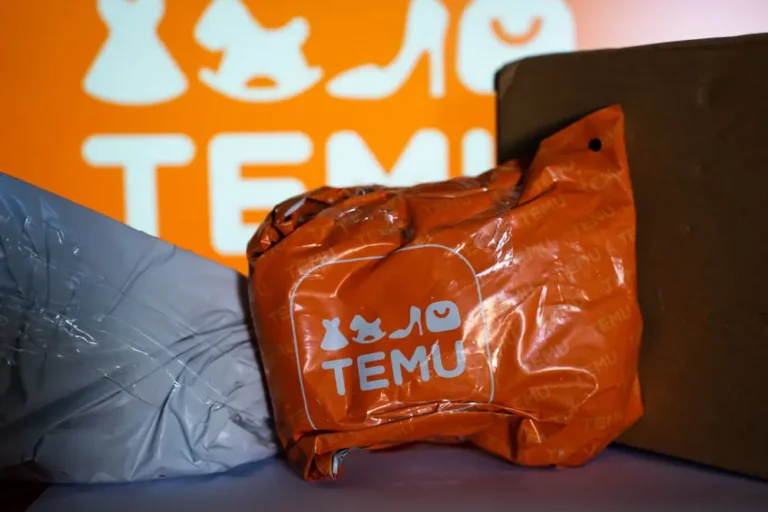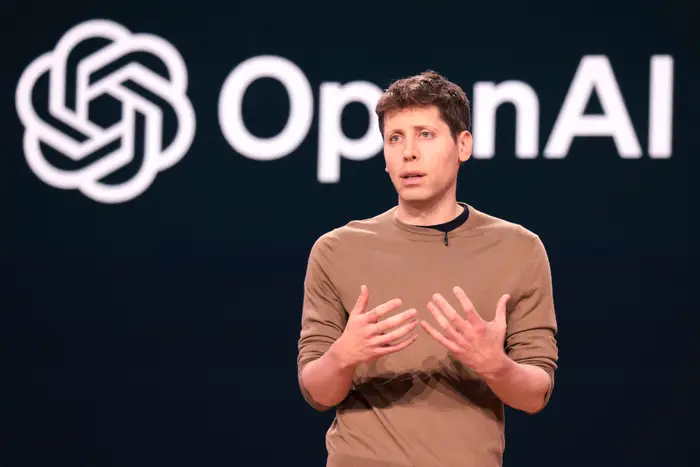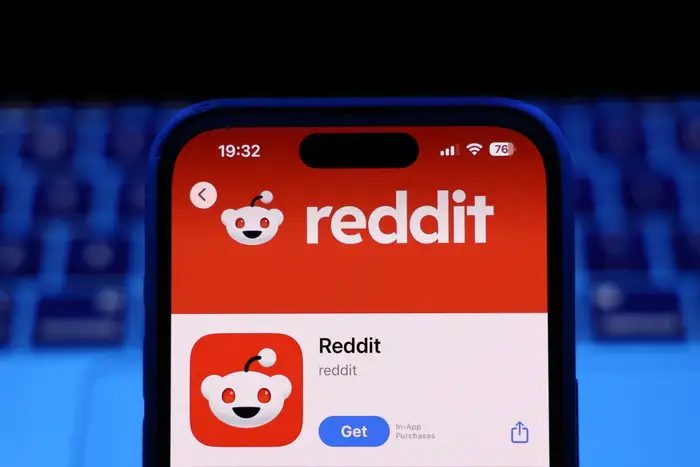The wildest deal in tech right now is about to turn 6-month-old LLM startup Mistral into a $2 billion unicorn, sources say

- Venture capitalists are fighting to invest in LLM startup Mistral, sources say.
- The French startup is in discussions to raise a major round at a valuation of at least $2 billion.
- Andreessen Horowitz and others are in talks to back the 6-month-old company.
Mistral, a tiny AI startup aiming to be Europe’s answer to OpenAI, is in talks to raise a large round of funding, which could push its valuation above $2 billion.
Its cofounders are in talks with venture capital firm Andreessen Horowitz to raise additional funds, according to seven sources familiar with the situation.
Mistral is expected to raise $400 million at a valuation of at least $2 billion, which could rise to as much as $2.5 billion, according to three sources.
According to two sources, General Catalyst will also be involved in the transaction.
The transaction is not yet finalized, and the round size, valuation figures, and participants are all subject to change. The round was first reported on Monday by The Information.
Mistral publishes open-source large language models that compete with Meta, OpenAI, and others. The Paris-based startup was founded in June by CEO Arthur Mensch, Guillaume Lample, and Timothée Lacroix, all of whom were alumni of DeepMind and Meta’s AI divisions.
A round at this valuation would make the startup a unicorn just six months after its founding and less than two months after the release of Mistral 7B, its first large language model.
In an earlier funding round in June, when the company was only four weeks old, it was valued at $260 million.
Other funds aiming to offer term sheets to Mistral include US fund Abstract Ventures and Bezos Expeditions, Amazon founder Jeff Bezos’ personal venture capital arm, according to one source familiar with the matter.
Insider reached out to Andreessen Horowitz, General Catalyst, Mistral, Abstract Ventures, and Bezos Expeditions for comment, but they did not respond.
The competition for the new round is fierce, with both existing and new investors eager to invest more money in the company. Existing investors will almost certainly need to invest a significant portion of the new funding in order to maintain the size of their stakes in the company.
Conversations about the deal’s valuation are contingent on ensuring that the company can raise a future up round — at a higher valuation — according to one source familiar with the proceedings.
Lightspeed Venture Partners, which led Mistral’s seed round, Redpoint, Index Ventures, and French billionaire Xavier Niel are among the existing investors.
Investors are racing to find the “next” OpenAI after intense consumer and business interest in ChatGPT and generative AI in general. As a result, big-name investors have been willing to buy stakes at high prices early on, under pressure from their own investors. According to a PitchBook analyst report on the US market, this has sent seed valuations and prices soaring.
Large funds investing in early-stage deals can cause problems for startups later on, as they often struggle to demonstrate the increase in their value between rounds, according to the report.
Mistral trains its AI models on publicly available data in order to avoid the complicated copyright issues that some of its competitors are facing.






